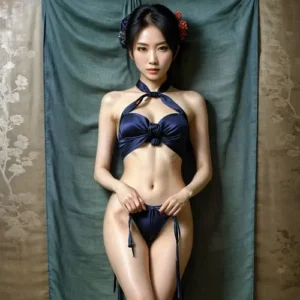In contemporary urban Japan, intimacy in nightlife districts is highly structured. Rather than open “brothels,” you find institutionalized privacy: reception desks or panels, private rooms, time-based pricing, and clear signboards about eligibility and hours. The cultural geography is legible—Kabukichō (Shinjuku), Susukino (Sapporo), Nakasu (Fukuoka), and historic Yoshiwara (Taitō). This guide uses first-party sources (government, police, district associations, official venue pages) to explain what is legal, how the system works, and where travelers typically go for lawful experiences (e.g., love hotels). We avoid erotic detail and focus on how the institution runs, not how to solicit illegal acts.
Contents
1. Overview — What does Japanese law say, really?
2. Top Areas & Access — How are nightlife districts organized?
3. Prices, Time & Eligibility — What will you pay (legally) and who can enter?
4. Venue Types & Services — What’s allowed under regulation?
5. Reservations, Etiquette & Useful Phrases — How to do it right (legally)?
1. Overview — What does Japanese law say, really?
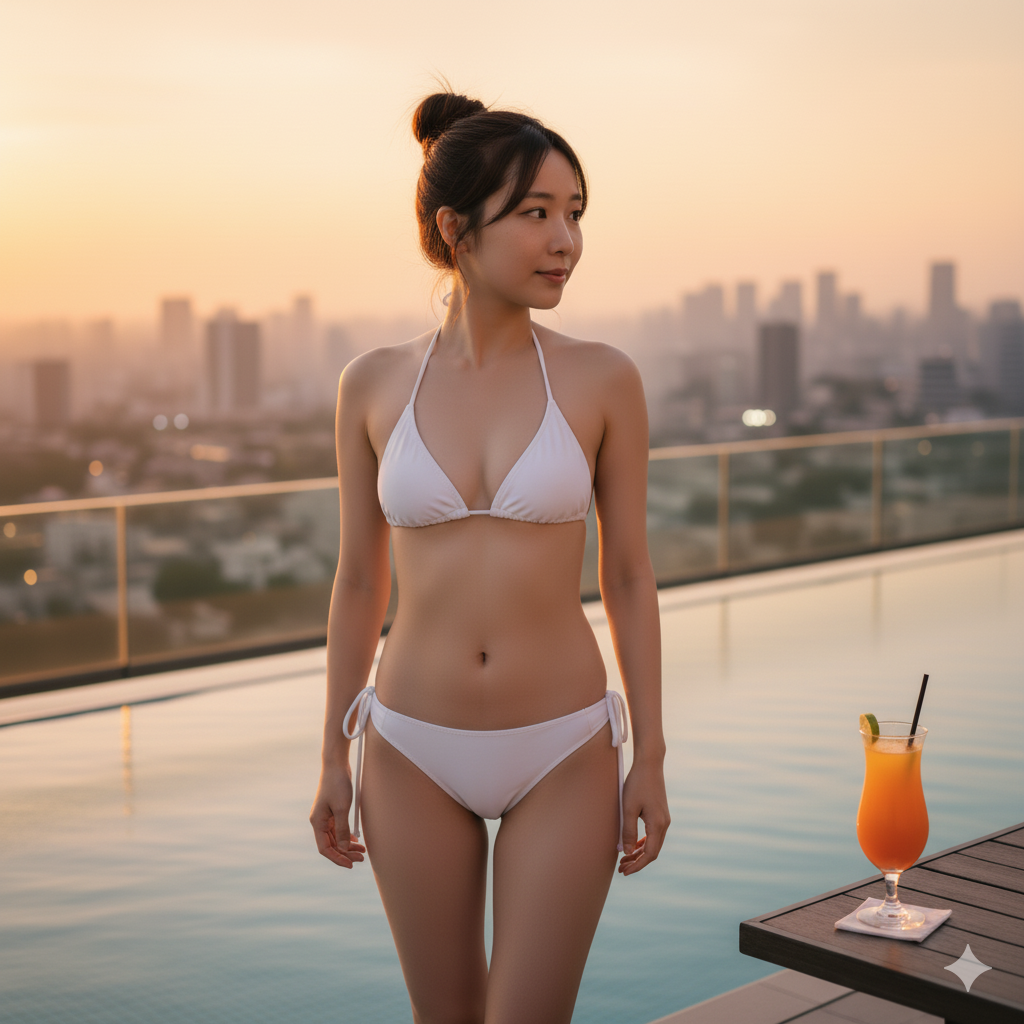
1-1 Core statutes (two pillars)
Conclusion → numbers → sources: Japan’s Anti-Prostitution Act prohibits prostitution and brothel operations (see Articles on purpose/definitions). Compliance and zoning for adult-entertainment businesses are handled by the Fūeihō (Act on Control and Improvement of Amusement Businesses). Read the primary texts here: Anti-Prostitution Act (e-Gov) and Fūeihō full text (e-Gov). For plain institutional summaries, see the Tokyo MPD portals on fūzoku categories: Keishichō — Fūzoku procedures and its category list Industry types & legal definitions.
1-2 Why visitors rarely see “brothels”
Because brothel operation is illegal, adult services are organized into legal categories that exclude paid intercourse. The law recognizes “sex-related special businesses” (性風俗関連特殊営業) such as soaplands, fashion health, delivery health, show/peep venues, and “fashion hotels” (love hotels) with definitional boundaries and oversight by Public Safety Commissions. See the official typology (with “Soapland” as 2-6-1, love hotels as 2-6-4, etc.) on the police pages: Keishichō industry list. A national outline PDF from the National Police Agency provides high-level context on why these businesses are regulated differently from ordinary hospitality: NPA overview (PDF).
1-3 Institutionalized intimacy (how it feels)
For the traveler, the experience is standardized: a lobby or room-panel, time bands (short rest/free time/overnight at love hotels; service windows at others), posted eligibility, discreet entrances/exits, and automated or counter payment. The structure aims to provide privacy without personalization, matching Japan’s dense urbanism with clear rules. When in doubt, verify the business category posted at the entrance and follow the house rules published by the operator or local police links above.
2. Top Areas & Access — How are nightlife districts organized?

2-1 Kabukichō (Shinjuku, Tokyo)
Kabukichō is Japan’s most famous nightlife grid, centered on the shopping-street association (first-party portal here): Kabukichō Official Portal. The site lists venues (food, clubs, hotels, etc.) and community notices in English and Japanese (JP portal).
2-2 Susukino (Sapporo)
Susukino is the largest entertainment district north of Tokyo. The Susukino Tourist Association (official) and prefectural tourism describe the area’s scope and seasonal events; see also the prefectural tourism page describing its boundaries and access: Hokkaidō Official Tourism.
2-3 Nakasu (Fukuoka) & Yoshiwara (Taitō, Tokyo)
Nakasu’s associations publish area maps and visitor guidance (first-party): Nakasu Tourism Association and Nakasu Towns Federation. For Yoshiwara’s historical context, see the Taitō City Library’s official resource guide on Yoshiwara materials (Taitō Library PDF) and the area’s shrine site (Yoshiwara Jinja — official).
Table 1: Legal Categories & What They Mean (official definitions)
| Category (legal) | Plain-English meaning | Key point | Official (JP Link) |
|---|---|---|---|
| Anti-Prostitution Act | Bans paid sexual intercourse & brothel operation | No “brothels” by law | e-Gov (Japanese) |
| Fūeihō 2-6-1 “Soapland” | Private bathhouse with individual rooms and attendant contact (bath service) | Regulated bathhouse, paid intercourse prohibited | Keishichō — categories / Shibuya “bathhouse guide” (PDF) |
| Fūeihō 2-6-2 “Fashion health” | Private rooms; contact-based entertainment (non-intercourse) | Police oversight; no intercourse | Keishichō — categories |
| Fūeihō 2-6-4 “Love hotel” | Short-stay/overnight hotel for couples (legal lodging) | Time bands; no sex service sellers on site | Keishichō — categories |
| “Delivery health” (dispatch) | Dispatched entertainers to private lodgings (non-intercourse by law) | Notification-based; verify legality | Keishichō — categories |
Conclusion → Japan bans prostitution and brothels; adult entertainment operates within specific licensed/declared categories → see the e-Gov law texts and the police category list above.
Table 2: Area & Access (official district links)
| District | Nearest Station | Typical Walk | Official (JP Link) |
|---|---|---|---|
| Kabukichō (Shinjuku) | Shinjuku Sta. | 5–10 min (editor’s note) | Kabukichō Association |
| Susukino (Sapporo) | Susukino Sta. | 3–8 min (editor’s note) | Susukino Tourist Association |
| Nakasu (Fukuoka) | Nakasu-Kawabata Sta. | 3–10 min (editor’s note) | Nakasu Tourism Assoc. |
| Yoshiwara (Taitō) | Minowa Sta. | 12–18 min (editor’s note) | Yoshiwara Jinja |
Conclusion → These are mixed entertainment zones with lawful businesses; walking times are indicative for planning (editor’s note). Use the district associations above for local maps/events.
3. Prices, Time & Eligibility — What will you pay (legally) and who can enter?
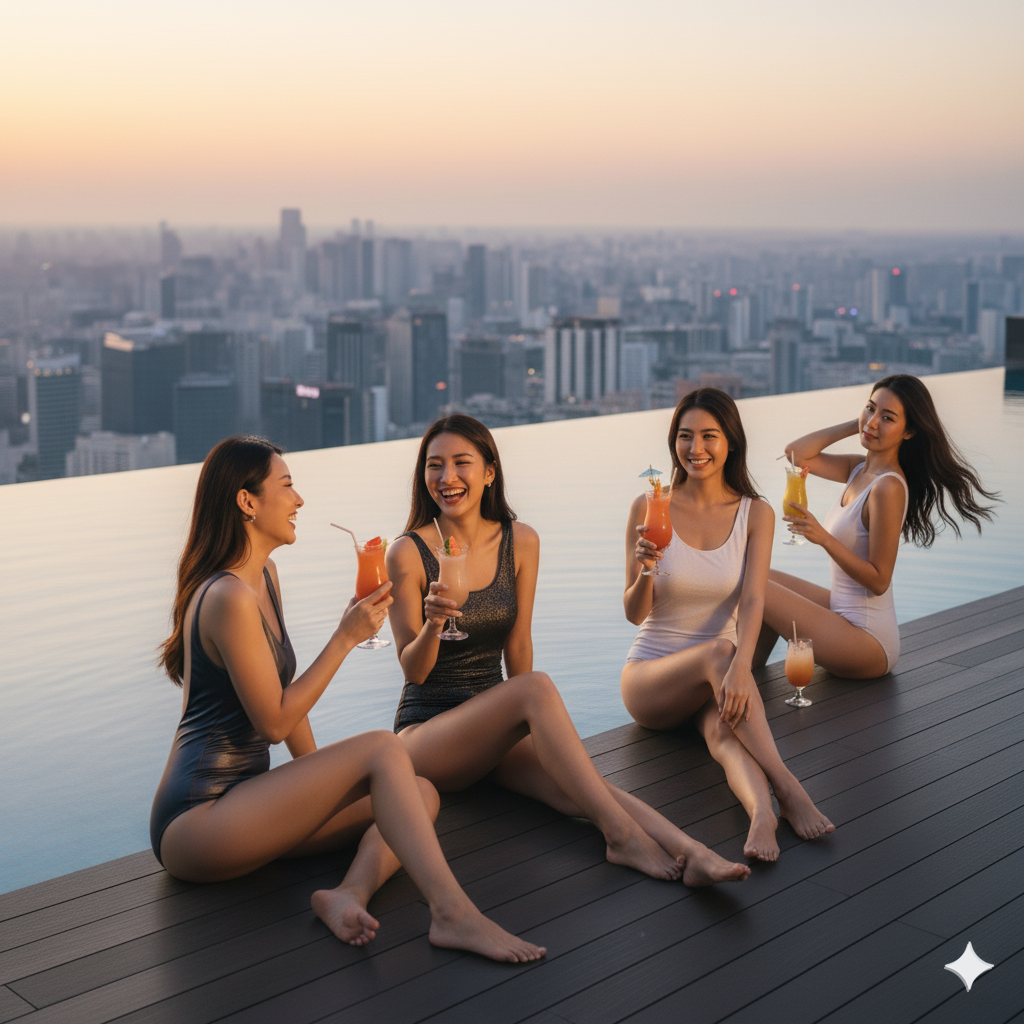
3-1 Love-hotel prices (first-party examples)
Conclusion → numbers → source: In Shibuya, AREAS posts ¥3,500–¥10,800 (120-min short, weekday/weekend), rests ¥4,600–¥11,800, overnights from ¥8,500–¥20,100 by day/room class; extensions ¥1,500/30 min. See: AREAS — System & Price. LOTUS Shibuya lists room-rank minimums (e.g., rests from ¥4,900, stays from ¥9,900): LOTUS Shibuya — official.
3-2 Eligibility & compliance (18+; categories differ)
Conclusion: Admission is for adults only and operations follow Fūeihō definitions; local police sites publish category explanations and procedures. Start here: Tokyo MPD — Fūzoku information and Industry types. The baseline prohibition on prostitution remains the Anti-Prostitution Act: e-Gov text.
3-3 “What about soaplands?” (legal identity)
“Soapland” is legally a bathhouse with private rooms (Fūeihō 2-6-1; see Keishichō link above), often cross-regulated under the Public Bathhouses Act and local health departments (examples & guidance: MHLW — Public Bathhouses Act; Shibuya City bathhouse guide PDF). Paid intercourse remains illegal; legitimate operators publish facility rules and comply with inspections.
Table 3: Reservation & Eligibility (what travelers should check)
| What to check | When | Eligibility | Official (JP Link) |
|---|---|---|---|
| Venue category & posted rules | Before entry | 18+ only; follow house rules | Keishichō — categories |
| Prices/time bands (love hotels) | Same day | Couples/guests per hotel policy | AREAS — Price / LOTUS — Official |
| Baseline legality (no paid intercourse) | Always | All patrons must comply | Anti-Prostitution Act (e-Gov) |
Conclusion → Budget with love-hotel prices; verify the venue category; entry is 18+; paid intercourse is prohibited → see the official links above.
4. Venue Types & Services — What’s allowed under regulation?
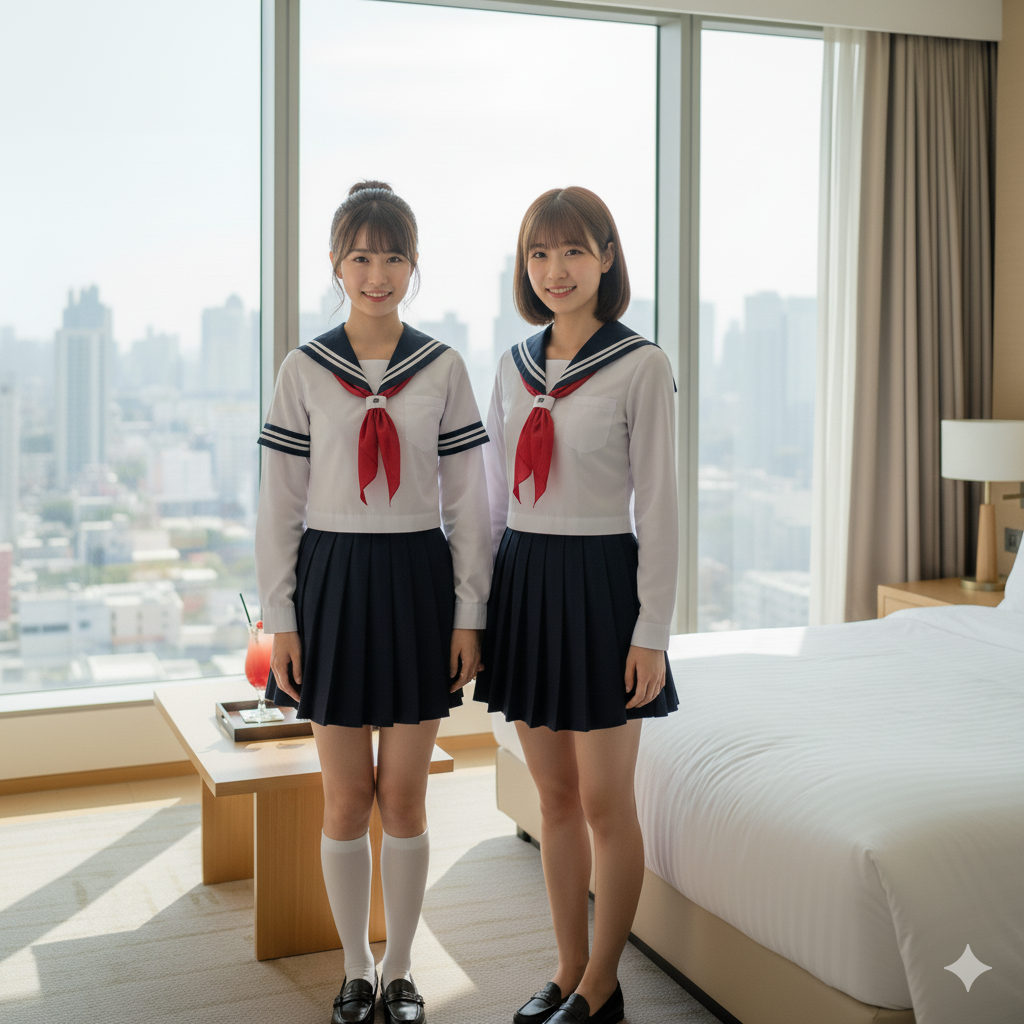
4-1 Love hotels (legal lodging)
These are time-band hotels for privacy: short rest, long “free time,” overnight. Amenities include large baths, VOD, soundproofing, and automated payment. First-party examples and prices: AREAS Shibuya, LOTUS Shibuya. Love hotels are listed in Fūeihō as “sex-related special business” 2-6-4 (Keishichō category list).
4-2 Soaplands (bathhouses) & health regulations
Soaplands are classified as 2-6-1 (private bathhouses with attendants). Local health departments apply the Public Bathhouses Act for facilities guidance. See MHLW statutory page (MHLW — law) and a city technical guide referencing Fūeihō linkage (Shibuya bathhouse guide). Paid intercourse remains prohibited by the Anti-Prostitution Act.
4-3 “Fashion health,” “delivery health,” and show venues
These services are defined in the police category list with specific facility/notification requirements and are not licenses for prostitution (see Keishichō — industry types). If staff mention policies, they are bounded by law; patrons must follow house rules and avoid soliciting illegal acts.
5. Reservations, Etiquette & Useful Phrases — How to do it right (legally)?
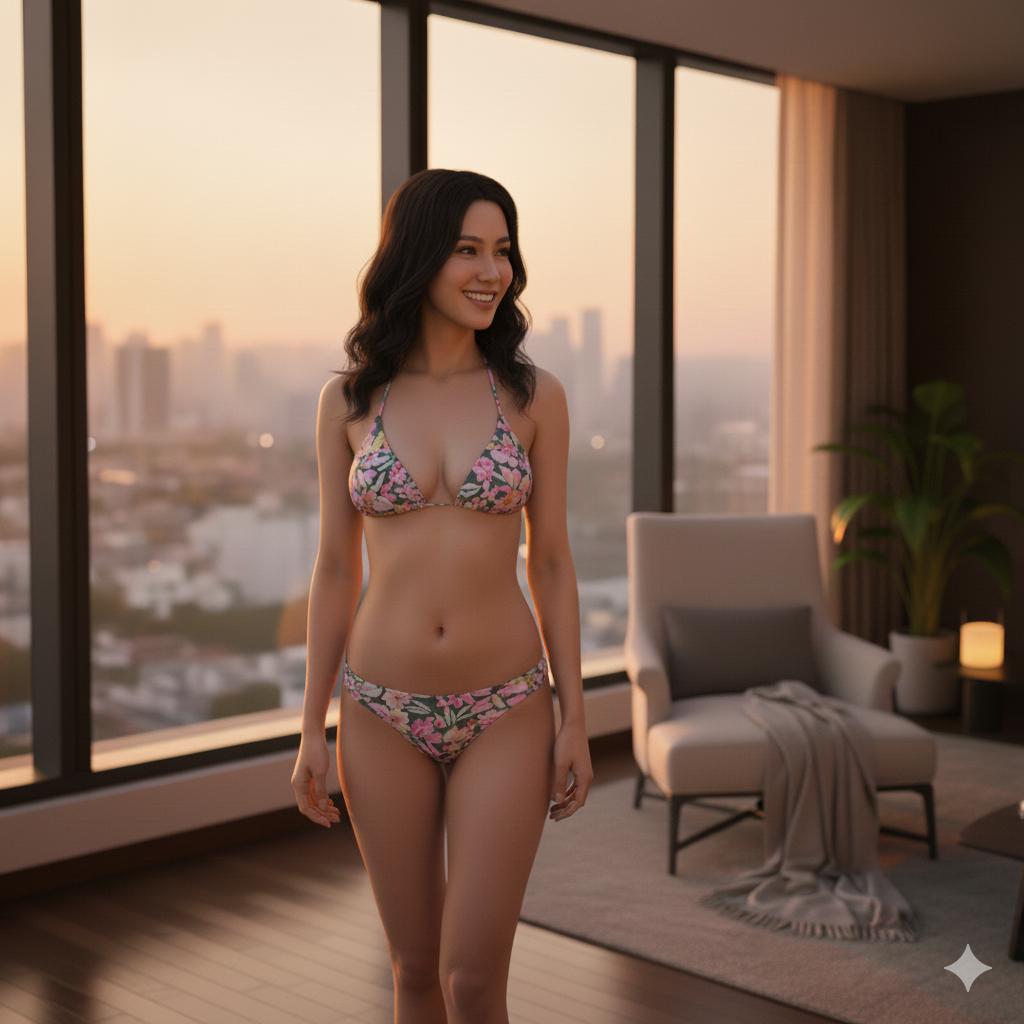
5-1 How to reserve (lawful options)
Some love hotels offer online/phone booking with posted grids (e.g., Shibuya AREAS & LOTUS above). For adult-entertainment shops, follow the house site; legitimate operators publish system pages and compliance notices. For legal background and business-type explanations, start with the police portals: MPD Fūzoku info and the Fūeihō (e-Gov).
5-2 Etiquette (institutionalized privacy)
- Use indoor voices; follow queueing and panel selection if present; pay as posted (counter or kiosk).
- Read the time band carefully to avoid automatic extensions (often 30-min units at love hotels).
- Do not film staff or other patrons; follow smoking and hygiene rules (bath venues are strict).
- Never request or negotiate illegal acts; venue staff must comply with the law.
5-3 Useful phrases (plain English → Japanese)
- “Is this a legal, licensed business?” → 「許可(きょか)のあるお店ですか?」
- “We want a 2 hours short stay, please.” → 「ショート2時間でお願いします。」
- “What are the fees and time bands?” → 「料金と時間帯のルールを教えてください。」
- “Do you accept passports for ID?” → 「身分証明はパスポートで大丈夫ですか?」
- “Card payment OK?” → 「カードで支払えますか?」
6. Summary and Next Steps
Recommended primary links to keep: Anti-Prostitution Act (e-Gov) · Fūeihō (e-Gov) · Police category list · Kabukichō Official · Susukino Official · Nakasu Official · AREAS Shibuya (prices) · LOTUS Shibuya (prices).
Related SoapEmpire guides: /tokyo-red-light-district Official site: https://soapempire.com/ · Contact: https://soapempire.com/contact/
SoapEmpire Recommendation
Many visitors search for “brothel japan” only to discover that the word doesn’t match what exists on the ground. Japan outlaws prostitution and brothel operation, yet it offers a wide range of regulated adult businesses with strict definitions under the Fūeihō. That gap between expectation and reality is where confusion—and occasionally awkward or illegal situations—can happen. The practical challenge is to translate your intent into lawful choices: maybe you simply want a private, stylish room near tonight’s dinner (a love hotel), or you’re curious about classic districts like Kabukichō or Susukino without crossing legal lines. You also need fees, hours, and eligibility in plain English, not scattered across Japanese system pages.
SoapEmpire solves this by mapping traveler goals to lawful options. First, we confirm the legal category and the venue’s own rules directly from primary sources (police pages, city health notices, official venue sites). Second, we steer you toward predictable, bookable choices—love hotels with clear price bands, day “free-time” windows, or overnight options that match your schedule and budget. Third, we keep the ethnographic context in view: these districts are urban cultural spaces where institutionalized intimacy is choreographed by signage, time bands, and design. Our editors keep a running index of first-party pages, so you aren’t guessing about whether a place is lawful or what the fine print says.
Why SoapEmpire? We write in plain English, cover major cities nationwide, and maintain a 24-hour booking support channel for lawful reservations (e.g., love hotels that accept holds) at a transparent flat fee. Most importantly, we align your plan with the legal framework so your night is smooth, private, and compliant. If your query began with brothel japan but your goal is privacy, comfort, and a taste of Japanese nightlife culture, we’ll translate that into a clear, legal itinerary with two nearby backups—so you spend more time enjoying the city and less time decoding price tables or regulations.
For reservations or inquiries, please contact us via the inquiry form. We’ll confirm your timing, propose a lawful venue and a backup in the same district, and send concise check-in instructions you can show at the counter.
If you’re interested in visiting any of these places, SoapEmpire offers a 24-hour booking support service for only $10.
Just send the store name, preferred time, and your name (nickname is fine) to:
takuma@skylinks-inc.com.
We’ll take care of your reservation quickly and smoothly.
FAQ
- Is prostitution legal in Japan?
- No. The Anti-Prostitution Act bans paid sexual intercourse and brothel operation. Adult entertainment businesses exist, but they must operate within legal categories that exclude paid intercourse. See e-Gov law text and Fūeihō.
- Where are the main nightlife areas?
- Kabukichō (Shinjuku), Susukino (Sapporo), Nakasu (Fukuoka), and historic Yoshiwara (Taitō). Use their official portals for maps and events: Kabukichō / Susukino / Nakasu / Yoshiwara Jinja.
- How much should I budget if I only want privacy and a room?
- Use love hotels as a benchmark: short stays commonly ¥4,500–¥7,000, overnights from ¥8,500–¥15,000+ depending on area/day/room class. See first-party examples: AREAS Shibuya, LOTUS Shibuya.
- Can foreigners enter adult venues?
- Policies vary by operator. Always bring ID, follow posted rules, and confirm the venue category and fees on its official site. Legal background and categories: MPD industry list.


